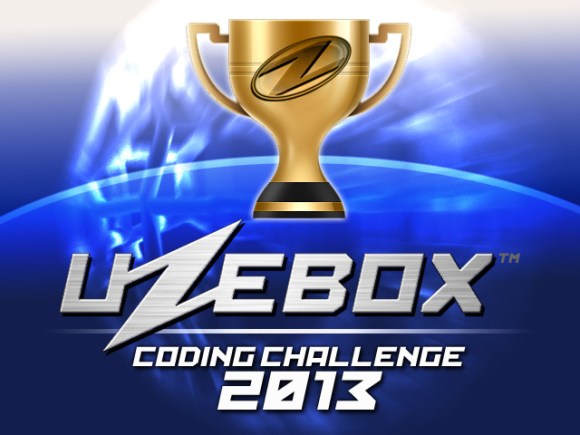The 2013 Uzebox Coding Challenge is currently underway. This competition runs until June 1st, with registration open until April 1st. The Uzebox is an open source, 8 bit game console that uses only two chips: an ATmega644 microcontroller and a AD725 RGB to NTSC converter. We’ve featured it a few times in the past.
The competition rules are pretty loose: build a game or a useful piece of software that runs on the Uzebox, and fits in 61 kB. Entries will be judged on game play, originality, graphics, sound, completeness, and technical prowess. There’s prizes for the top six entries, including a few Uzeboxes and cash.
If you don’t have an Uzebox, check out the Uzem emulator. This lets you emulate the Uzebox hardware on Windows, Mac, or Linux. The emulator also has an internal GDB debug server to help with development. The low cost console can be built for about $30, and a number of kits are available.
Thanks to [Ben] for sending this in.













